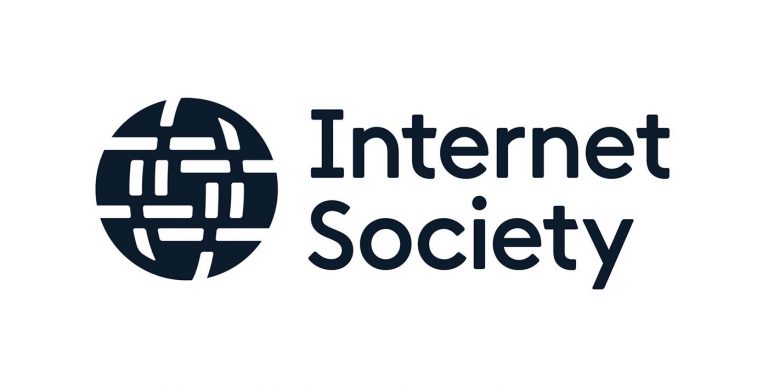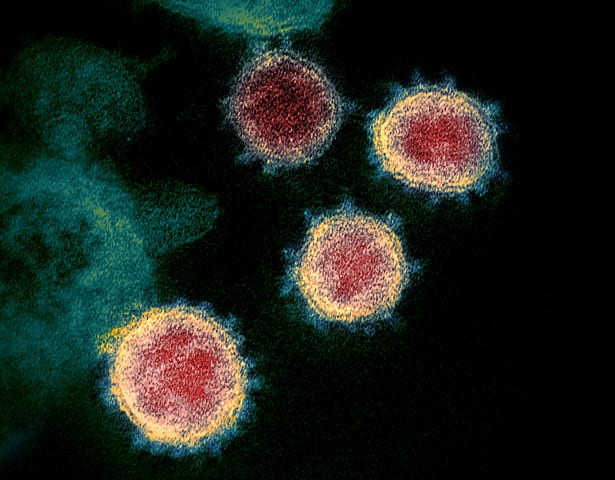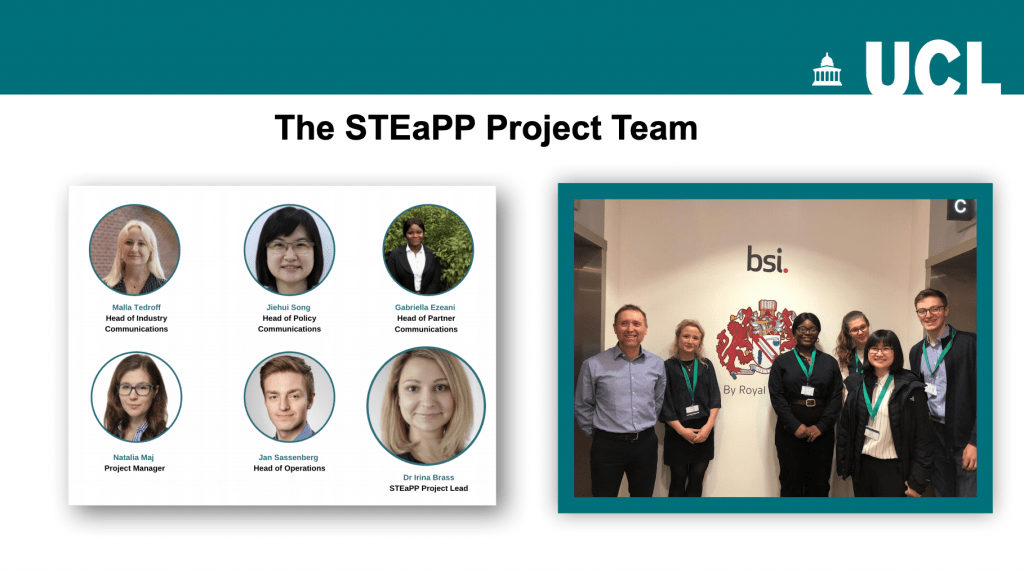Dr Leonie Maria Tanczer, Lecturer at UCL STEaPP, reflects on her experience having participated in Internet Society’s Next Generation Leaders (NGL) e-Learning programme and makes a case for why the governance of the Internet should matter to all of us.
In my role as Lecturer in International Security and Emerging Technologies at UCL, I teach on the “Digital Technologies and Policy” specialisation for our Master’s in Public Administration. I am, thus, used to explaining the technical foundations, policy dilemmas, and stakeholders that make the Internet the kind of infrastructure we love and also rely on. Nevertheless, when the call to apply for the Internet Society’s Next Generation Leaders (NGL) programme hit my inbox, I felt compelled to sign up. I mean, who wouldn’t want to learn more about our beloved tool?!
What is the Internet Society?
The Internet Society is one of the core actors within the larger Internet ecosystem. Inititially, members of the Internet community were predominantly linked to US universities, where they developed technical standards and established the Internet’s basic functionality. However, over the last decade, the range of stakeholders involved in keeping the Internet up and running has significantly expanded. Nowadays, governments as much as the private sector, civil society, and intergovernmental organisations are engaged in “governing” the Internet.

The Internet Society logo
In particular the so-called “technical community” – which the Internet Society is part of – is concerned with maintaining and advancing the underlying architecture for the Internet, including protocols such as IPv6, standards, and other software and hardware specifications. Together with actors such as the Internet Engineering Task Force (IETF), Regional Internet Registries (RIR), or the Internet Corporation for Assigned Names and Numbers (ICANN), the Internet Society is active in furthering the success of the Internet and promoting the Internet core values (such as openness, access, and end-to-end connectivity). Whilst these activities are of profound importance and matter to each of us (because we want to browse faster, safer, and cheaper!), the “average” Internet user may not have heard of them.
To counteract this information vacuum, the Internet Society’s NGL e-Learning programme aims to helps professionals aged 20-40 learn the core elements of the Internet’s history, governance, policy principles, and actors. The four-week-long course is foundational (which gave me the perfect opportunity to test my knowledge) and open to individuals from around the globe. In many ways, the offering aids the Internet Society’s aspiration to foster “capacity building” and provides interested parties with an ability to dip their toe into the 101 of Internet Governance.
(more…)
 Close
Close






